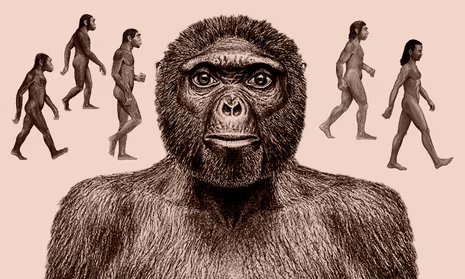First of all, not all of them are “monkeys”
When people ask, “Which monkey is the smartest?”—they’re often unknowingly mixing up different types of primates. So let’s clear this up:
- Primates are a large order of mammals that includes monkeys, apes, and humans.
- Monkeys include New World monkeys (like Capuchins) and Old World monkeys (like Rhesus Macaques).
- Apes include chimpanzees, gorillas, bonobos, orangutans—and humans.
- Humans are not monkeys, but we share common ancestors with them.
So now that we’ve got the groups right, let’s look at which species are considered the most intelligent.
🧠 Smartest Primates: The Big Picture
When scientists study intelligence, they look at:
- Tool use
- Social complexity
- Memory & problem-solving
- Communication ability
- Cultural learning
Here’s how some primates rank:
🥇 1. Chimpanzees (Ape, not monkey)
- Use tools in the wild
- Can recognize themselves in mirrors
- Beat humans in certain memory tests
- Understand cause-effect and even basic “language” signs
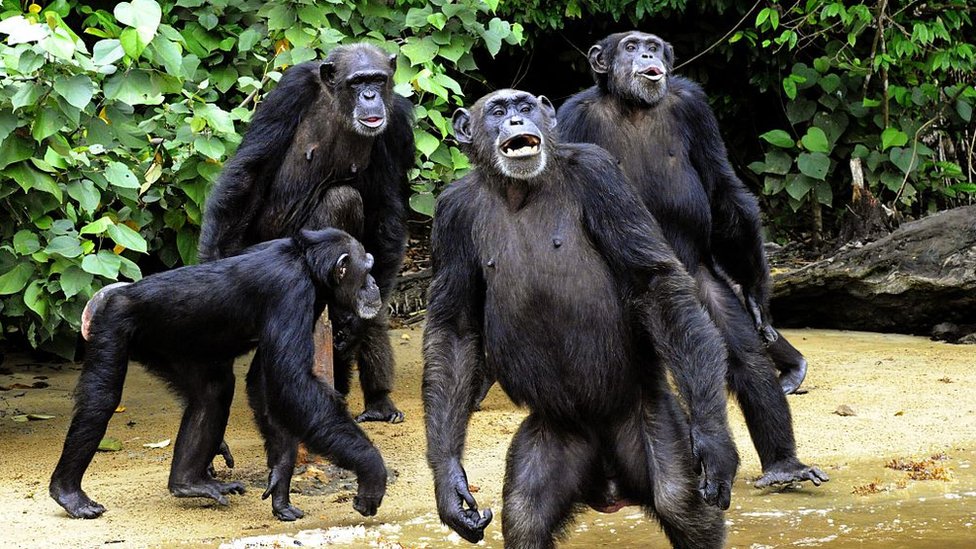
🥈 2. Bonobos (Ape)
- Highly emotionally intelligent
- Cooperative and peaceful
- Learn by observation
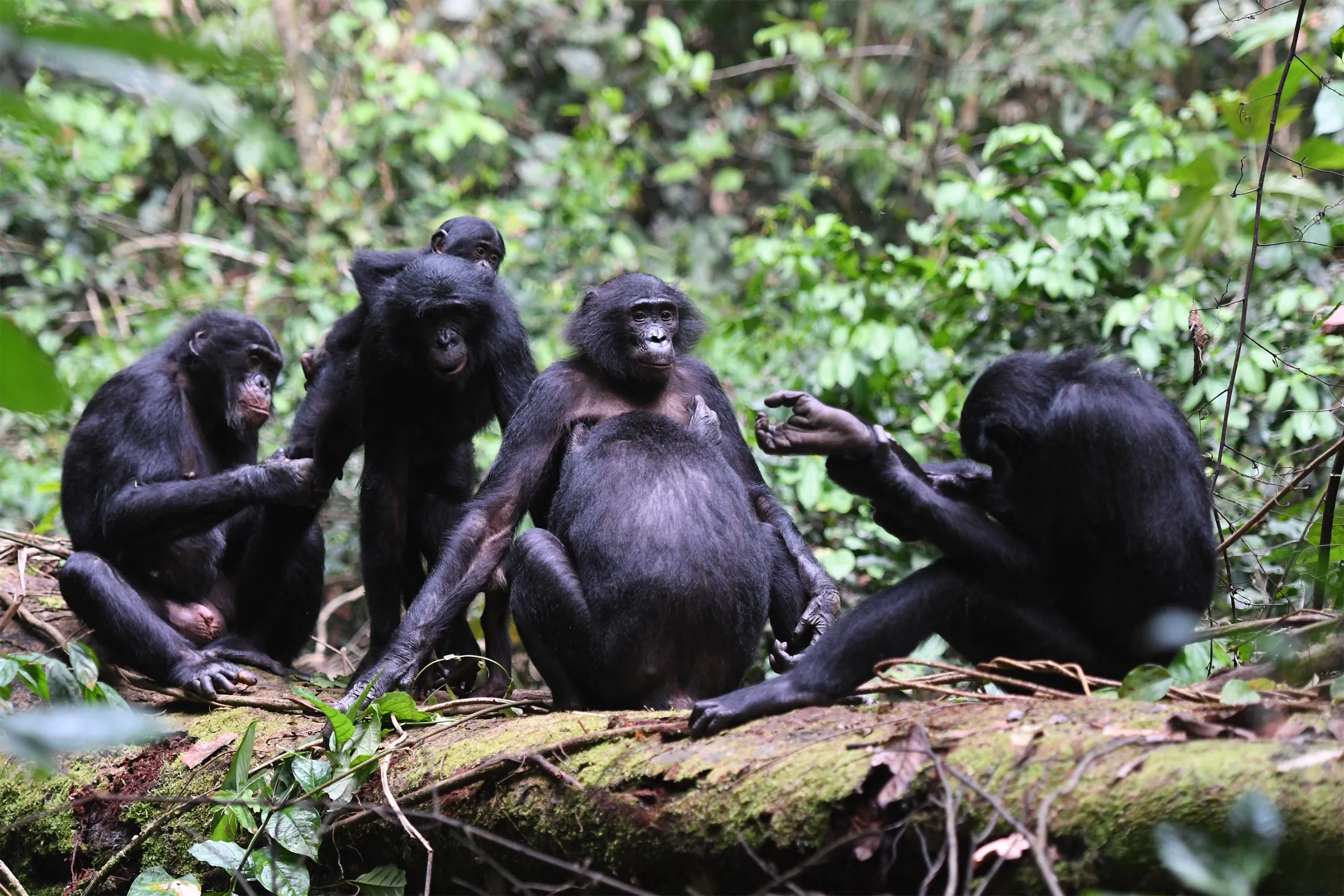
🥉 3. Orangutans (Ape)
- Solve problems creatively
- Can plan ahead
- Make tools from leaves and sticks
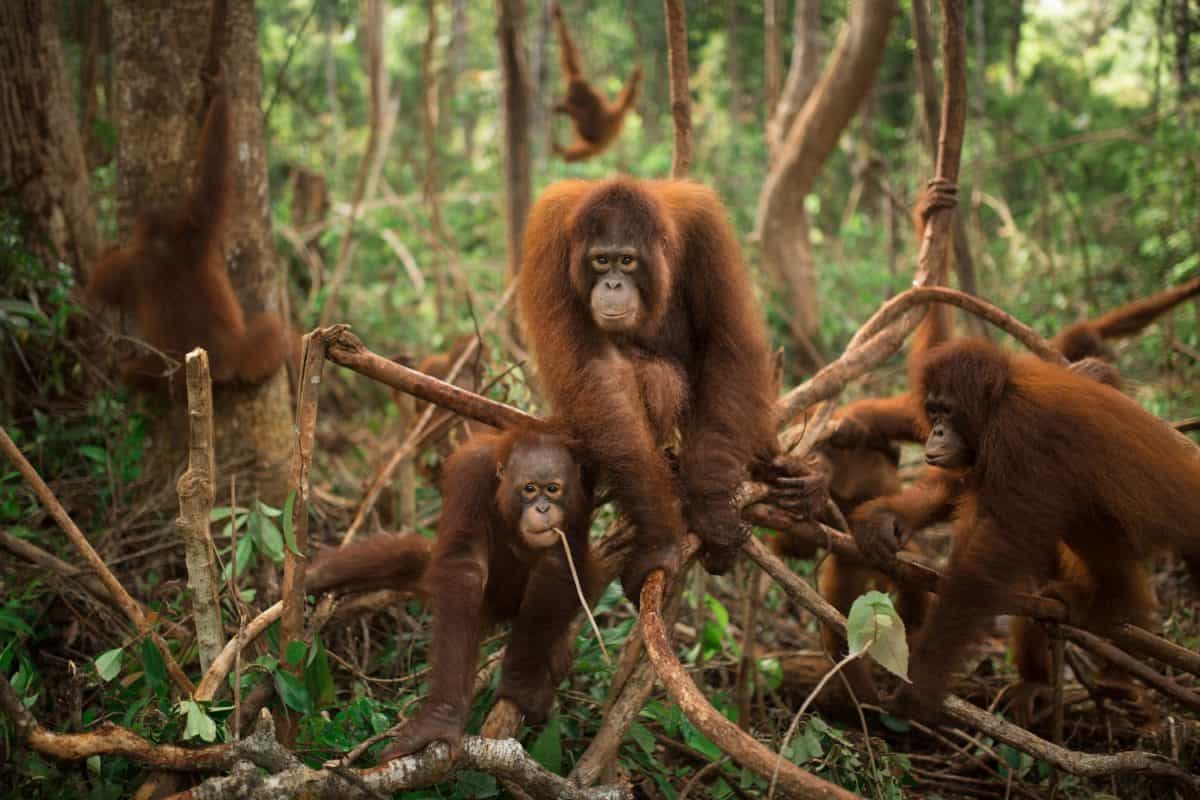
✅ Smartest Actual Monkeys
🔹 Capuchin Monkeys (New World Monkey)
- Known for using tools (e.g., cracking nuts with rocks)
- High problem-solving ability
- Use social manipulation (like trading favors)
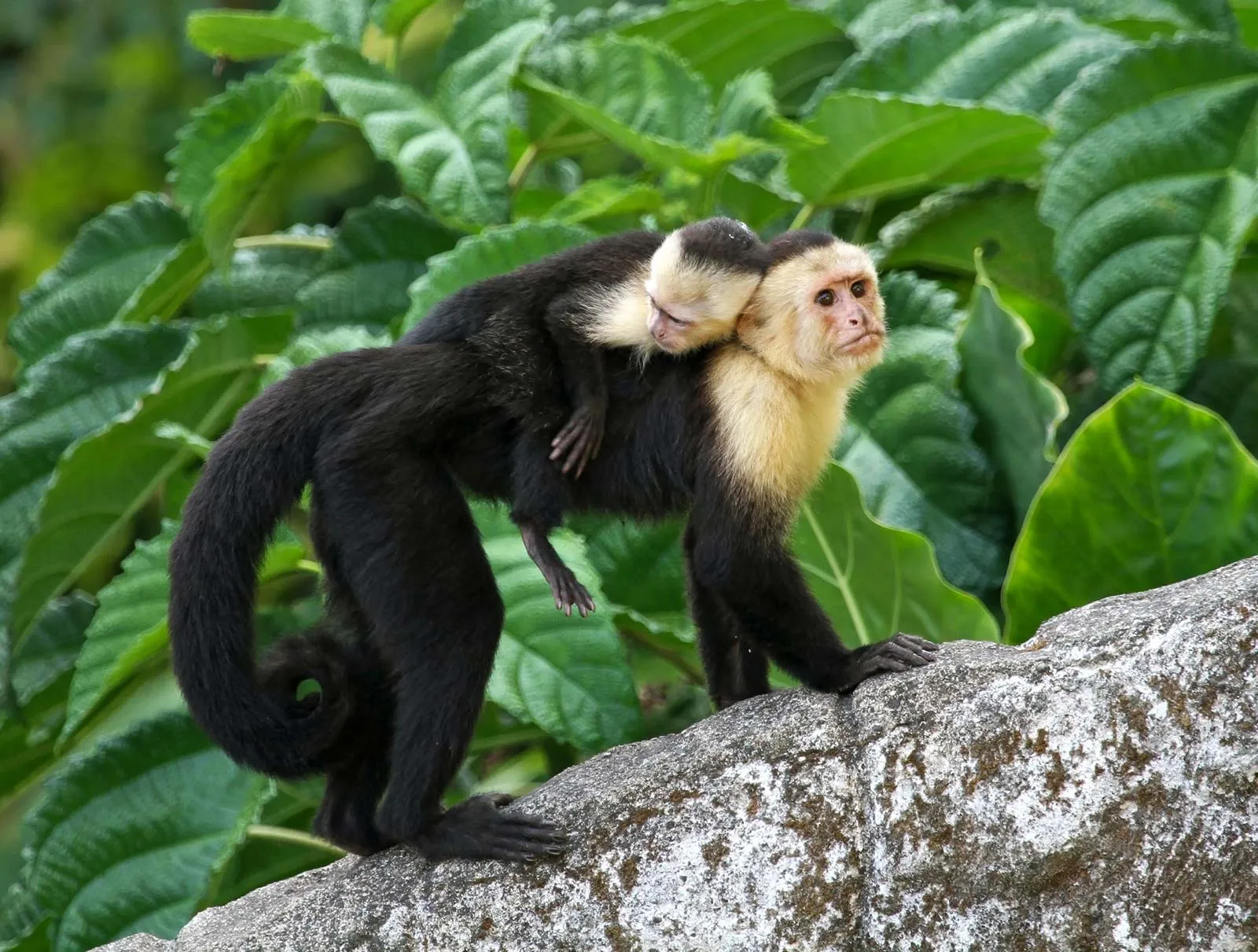
🔹 Rhesus Macaques (Old World Monkey)
- Strong in memory-based tasks
- Understand social hierarchies
- Used in many cognitive neuroscience studies
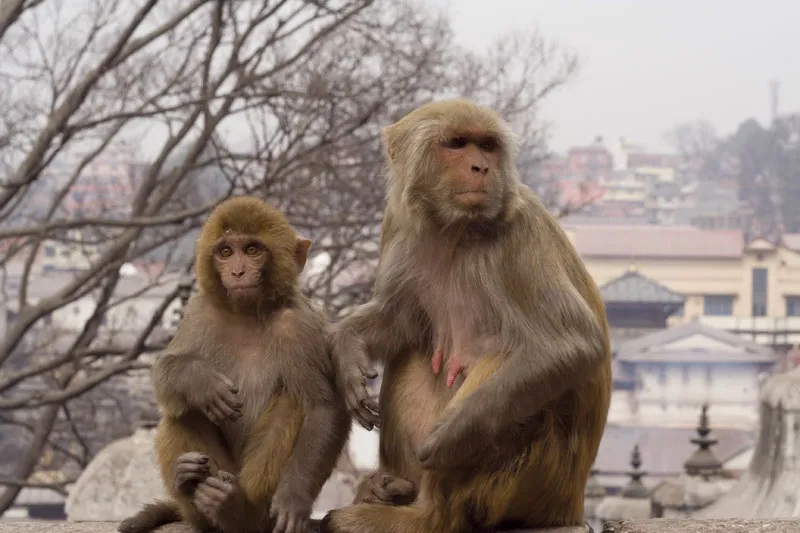
🔹 Baboons
- Excellent long-term memory
- Understand group politics
- Can remember faces and social bonds for years

🔹 Vervet Monkeys
- Have distinct warning calls for different predators
- Young ones learn this like language
- Adapted communication skills

👶 Were Humans Once Like Monkeys?
Yes. Humans evolved from primate ancestors over millions of years.
- Around 25 million years ago, the ape line split from monkey ancestors.
- 6–7 million years ago, early humans split from chimpanzee ancestors.
- Over time, we developed:
- Bigger brains
- Language
- Fire and tools
- Societies and culture
So yes, our ancestors were once ape-like—living in trees, walking on all fours, and much more primitive.
But remember: we didn’t evolve from modern monkeys. We shared a common ancestor with them.
🔮 Can Monkeys Evolve Into Humans in the Future?
It’s a common myth, but no, modern monkeys will not become human. Here’s why:
- Evolution is not a straight ladder aiming for “human” as the final goal.
- Each species evolves based on its own environment and needs.
- For a monkey species to evolve human-like intelligence, it would require:
- Massive environmental pressure
- Long-term survival
- Opportunities for tool use, language, and culture
That said, some species like Capuchins and Chimps show promising traits. But if they evolve further, they’ll become something new—not a copy of humans.
🧬 What Species Are Humans?
Humans are part of the Great Ape family (Hominidae):
- Kingdom: Animalia
- Class: Mammalia
- Order: Primates
- Family: Hominidae
- Genus: Homo
- Species: Homo sapiens
We share 98.8% DNA with chimpanzees, making them our closest living relatives.
📌 In Summary
Current monkeys are on their own evolutionary paths and are unlikely to evolve into humans.
The smartest monkey species are Capuchins, Rhesus Macaques, and Baboons.
Apes, like Chimpanzees and Bonobos, show even higher intelligence.
Humans didn’t evolve from today’s monkeys—but share common ancestry.
